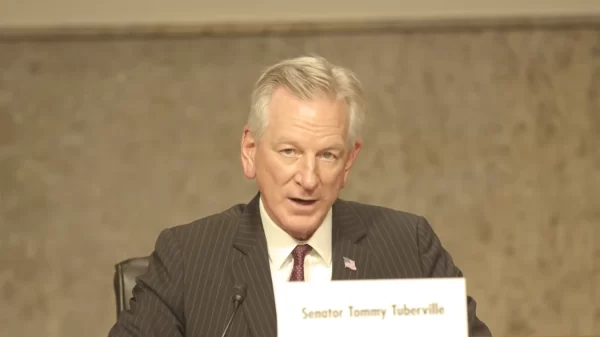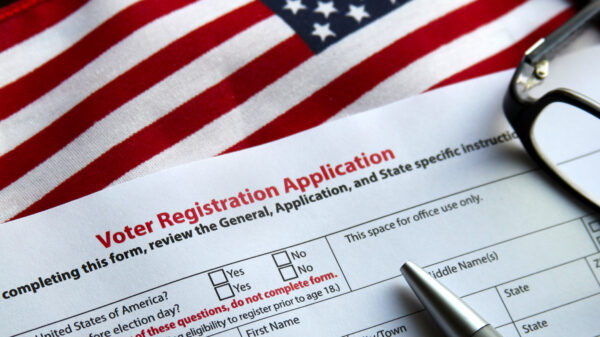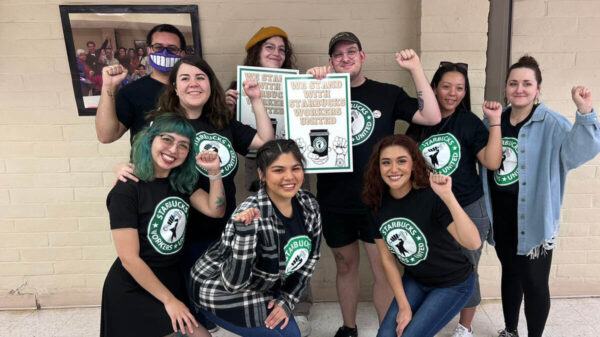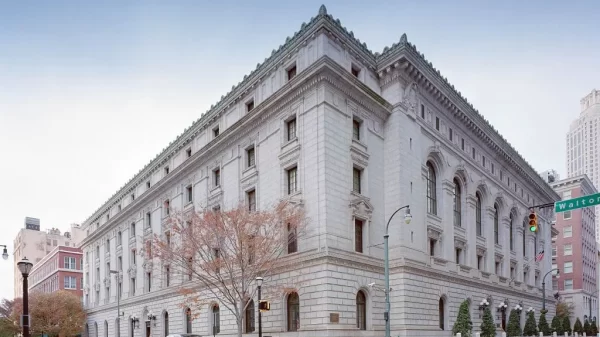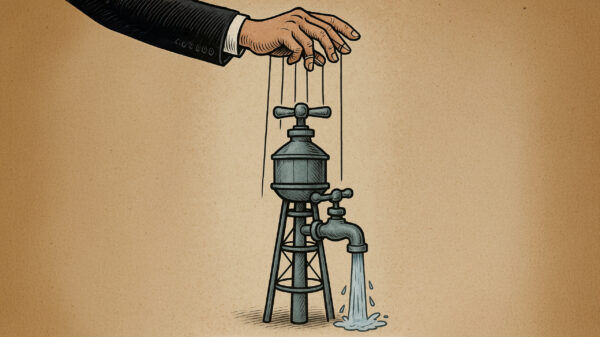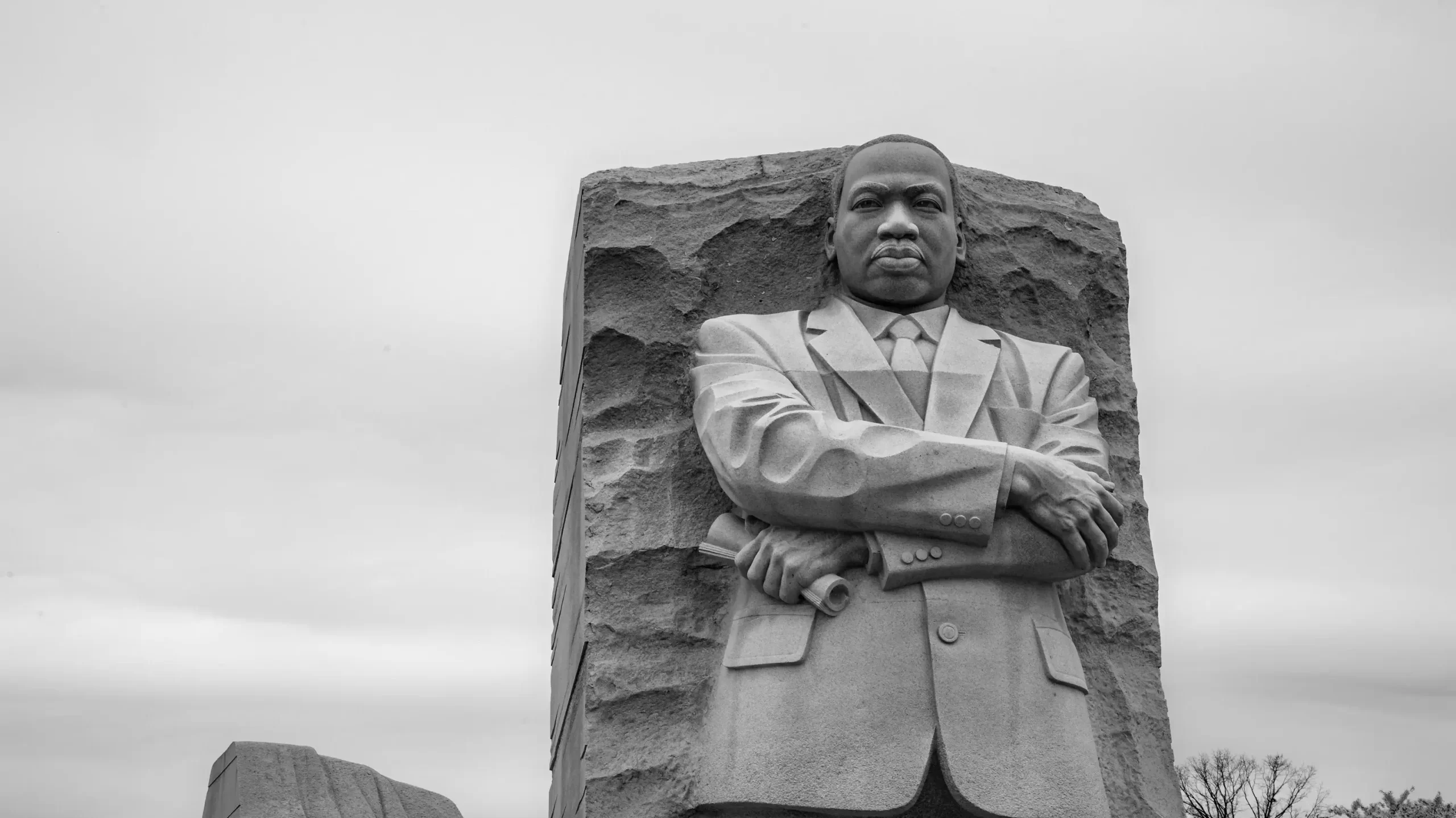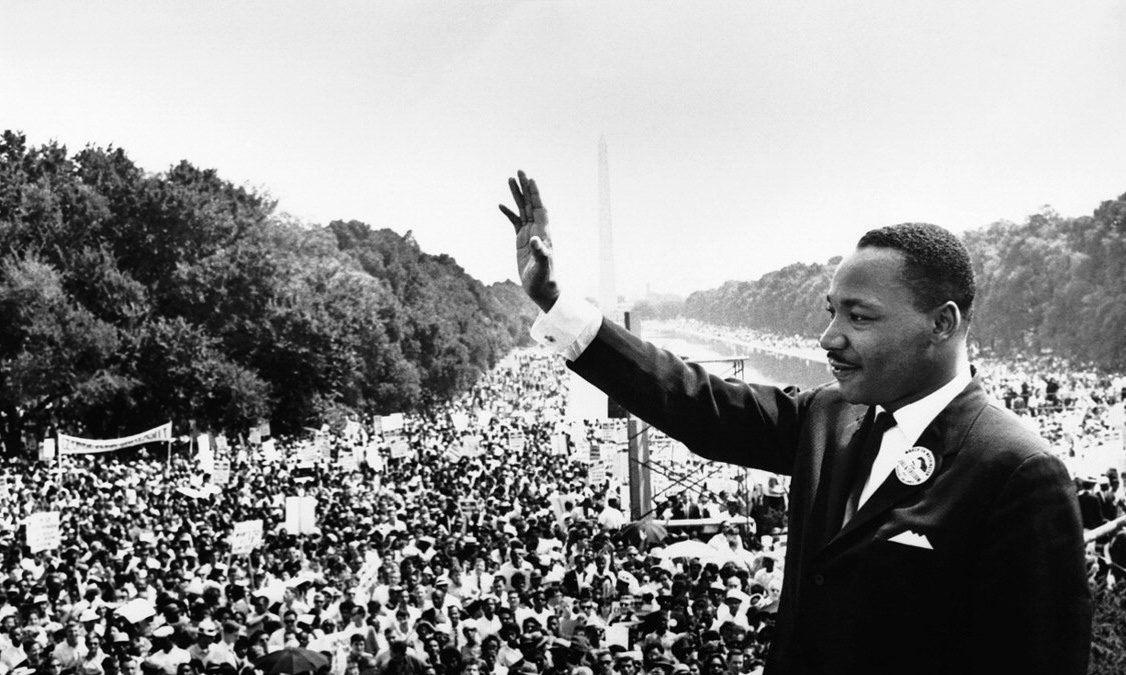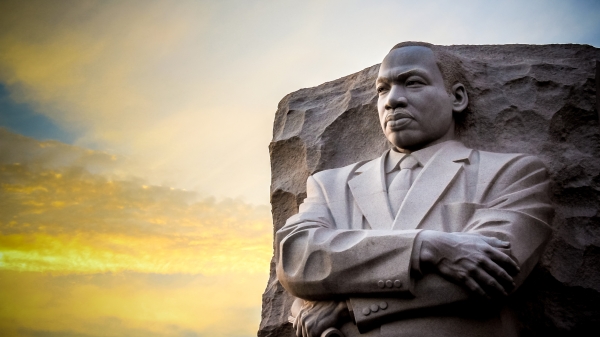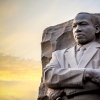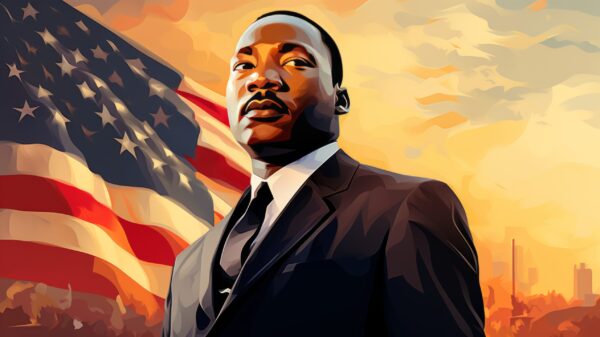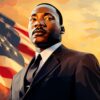|
Getting your Trinity Audio player ready...
|
As you slept Sunday night into Monday morning, the quote was loaded up and ready to be sent out first thing this morning – this Martin Luther King Jr. Day morning – to the masses, with an accompanying message along the lines of honoring the late Civil Rights leader’s wishes.
You know the quote. They know it because it’s apparently the only quote from MLK that they can remember, or the one, at least, that is easiest to twist completely around and be used to justify their bigotry and hate.
“I have a dream that my four little children will one day live in a nation where they will not be judged by the color of their skin but by the content of their character,” King said in a time when his four children were being fire bombed and living under armed guard.
Over the years, that quote has been manipulated and misused so many times, and so egregiously, that it would bring shame to anyone not still living in a state where the holiday honoring King is also shared with a traitorous slave owner. It is now routinely used to justify killing Affirmative Action programs, DEI programs and any effort put in place to help balance out a history of wrongs perpetrated by this country against people of color.
It’s an absurd notion – that King would be in favor of “color blindness” without racial justice. But then, such are the thoughts one carries when equality seems like unfairness.
The fact is King was very much in favor of all sorts of racial justice measures, including various social programs and reparations. He talked often of the uneven playing field upon which Black Americans were expected to compete while drawing criticisms for their disadvantages that stemmed from generations of discrimination and inequality.
In fact, just four days before he was shot dead in Memphis, King talked specifically of reparations and the debt owed by the country to Black Americans. And he talked of the hypocrisy of so many elitist whites, who demanded that Black Americans pull themselves out of poverty. These were the same white people who descended from ancestors upon which the country provided great wealth.
“… not only did (the U.S. government) give the land, it built land-grant colleges to teach (white settlers) how to farm,” King said in his “Remaining Awake Through A Great Revolution” sermon. “Not only that, it provided county agents to further their expertise in farming; not only that, as the years unfolded it provided low interest rates so that they could mechanize their farms. And to this day thousands of these very persons are receiving millions of dollars in federal subsidies every year not to farm.
“And these are so often the very people who tell Negroes that they must lift themselves by their own bootstraps. It’s all right to tell a man to lift himself by his own bootstraps, but it is a cruel jest to say to a bootless man that he ought to lift himself by his own bootstraps.”
Weird that we don’t see those quotes very often.
You know what else we don’t see? The quotes from King in which he draws comparisons between the struggles of poor people and working people of all races and religions.
Like, for example, this one:
“I look forward confidently to the day when all who work for a living will be one with no thought to their separateness as Negroes, Jews, Italians or any other distinctions. This will be the day when we bring into full realization the American dream—a dream yet unfulfilled. A dream of equality of opportunity, of privilege and property widely distributed; a dream of a land where men will not take necessities from the many to give luxuries to the few; a dream of a land where men will not argue that the color of a man’s skin determines the content of his character; a dream of a nation where all our gifts and resources are held not for ourselves alone, but as instruments of service for the rest of humanity; the dream of a country where every man will respect the dignity and worth of the human personality. That is the dream.”
That one came from a speech King delivered in 1961 to the AFL-CIO unions. He was a big union guy, because he believed that unions – and their collective bargaining powers – were the fastest way to employment equality and financial stability of the working class, which included all Americans.
“As I have said many times, and believe with all my heart, the coalition that can have the greatest impact in the struggle for human dignity here in America is that of the Negro and the forces of labor, because their fortunes are so closely intertwined,” King said in a letter to the laundry workers union in 1962.
So, just remember today, as the “content of character” tweets and posts and press releases come rolling in, that most of these people would spend their days calling King a socialist or a communist were he alive today. Because he believed in social justice, fair wages, taxing the wealthy and leveling the playing field for all. He believed in lifting from the bottom and devoting resources to where they’re most needed.
King abhorred the injustice of working people still struggling to live and eat while the ultra-wealthy rolled in excess. And he fought every day to convince working class and poor white people that their struggles had far more in common with Blacks and other minorities than with the white elites leading them around by their biases.
“… we have deluded ourselves into believing the myth that capitalism grew and prospered out of the Protestant ethic of hard work and sacrifices,” King said in 1967. “Capitalism was built on the exploitation of black slaves and continues to thrive on the exploitation of the poor, both black and white ….”
Quote that.



